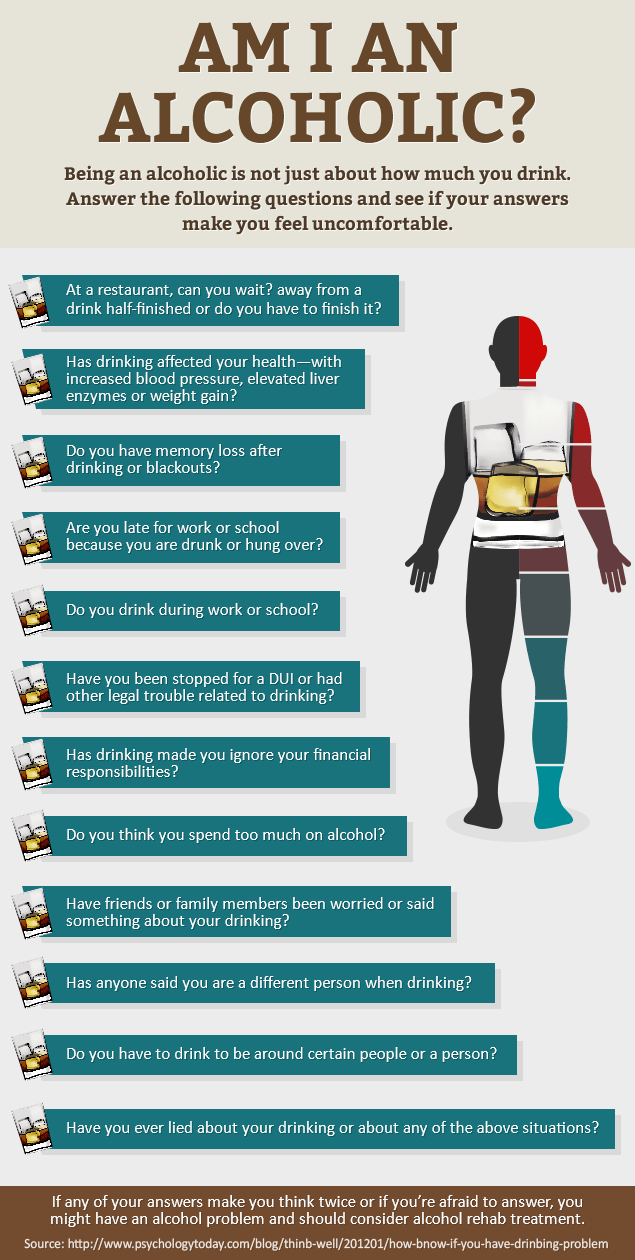
Alcohol cessation is actually a physical change that the human body undergoes when a person suddenly stops drinking for extended and prolonged periods of time. Alcohol has a very strong central nervous system calming effect. For those who drink a lot from time to time, the central nervous system is constantly exposed to the calming effects of alcohol. The withdrawal of alcohol from the body can occur for a long period, so the patient often feels discomfort during alcoholism treatment.
These are actually alcohol withdrawal symptoms. The most obvious signs of withdrawal are sweating, shaking, depression, and anxiety
However, you shouldn't worry too much about alcohol withdrawal symptoms. These symptoms are common to many alcoholics. They usually go away after the person recovers. In fact, physical withdrawal symptoms can cause other complications, such as the possibility of liver damage. Many alcoholics also experience psychological symptoms such as fatigue, dizziness, irritability, and nervousness.
Alcohol withdrawal can have many health consequences. The most important consequence of alcohol withdrawal symptoms is that they can sometimes interfere with the normal function of the immune system. This usually results in an increased risk of infection. It can also lead to a higher risk of contracting skin infections, diarrhea, and stomach and intestinal upsets.
If you think you may be experiencing severe withdrawal symptoms, see your doctor immediately. Don't take risks; you should seek professional help. The specialist has more knowledge and experience in the treatment of alcohol dependence and alcoholism than you. He may be able to determine the cause of the symptoms and recommend the best course of action for you. If you have any questions about your condition, see your doctor.
More serious alcohol withdrawal symptoms include insomnia, depression, and anxiety. If you experience these symptoms, you should seek immediate medical attention. In addition to this, you should also try to give up drugs so as not to cause additional harm to your body.
It should be noted that alcohol withdrawal symptoms differ from each other. Some people will feel a sudden urge to drink alcohol when their bodies are experiencing withdrawal symptoms. Some people may have difficulty falling asleep and insomnia. Decreased appetite or decreased energy may be observed.
If you notice any of these alcohol withdrawal symptoms, don't worry. Your body is going through a process of adaptation and there will be a gradual process of withdrawal. Once your body gets used to the changes and the drug is no longer a source of stress for your body, you will feel more comfortable. Gradually, you will return to your normal life.
Alcohol dependence often leads to withdrawal symptoms. The more alcohol a person drinks, the more alcohol he has. Therefore, it is very important to follow a healthy diet and lifestyle in order to avoid the problems associated with alcohol withdrawal.
Another important factor in alcohol dependence is the amount of time you spend drinking alcohol. For example, someone who regularly drinks alcoholic beverages will experience withdrawal symptoms more seriously than someone who only drinks occasionally. It is important to remember that alcohol consumption should never exceed four to five servings per day. and at least two hours before retirement.
Don't let your alcohol consumption stay low for too long. because once you reach a certain limit, your body may no longer be able to handle it. As your body becomes accustomed to drinking alcohol, you may become tolerant of the effects of alcohol and may not be able to tolerate the lack of it at all. The less you drink, the greater your risk of developing alcohol dependence.
Finally, don't stop drinking until you reach a certain level of sobriety. While alcohol withdrawal should never be neglected, it is important to be busy to keep your brain in a good mood and your body to function properly.